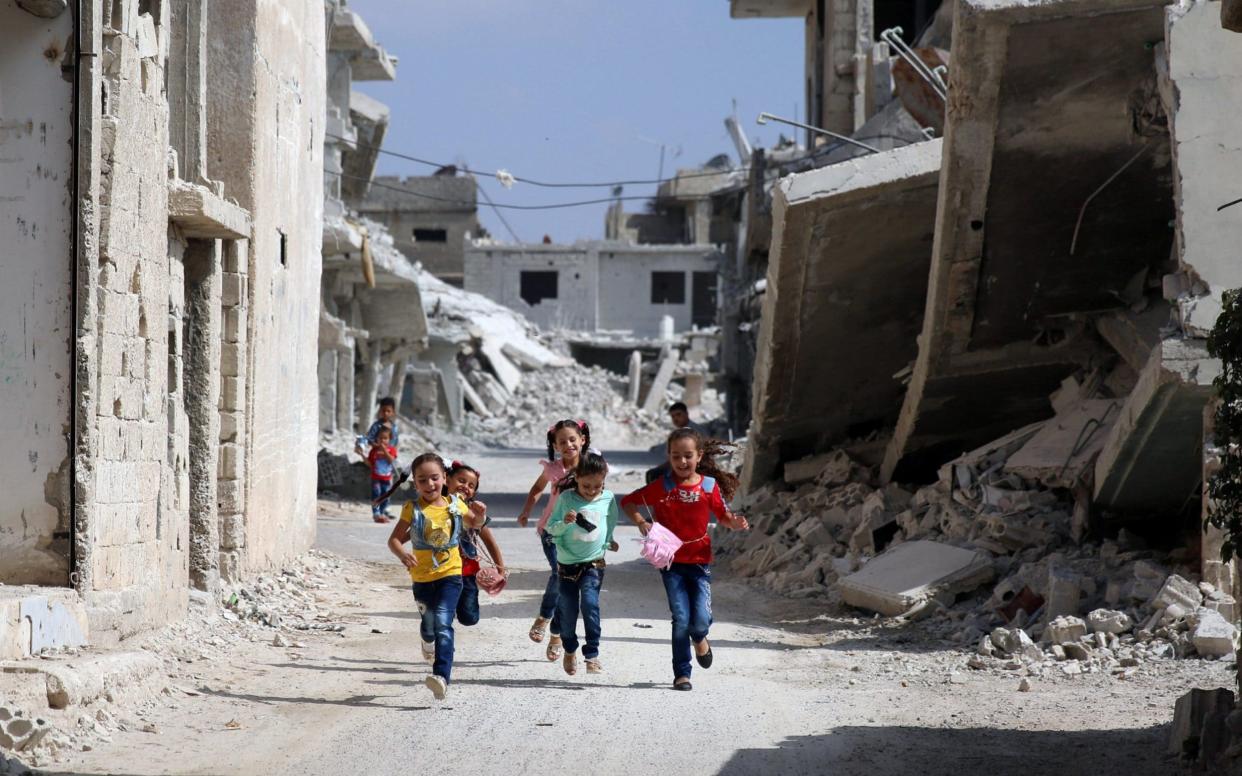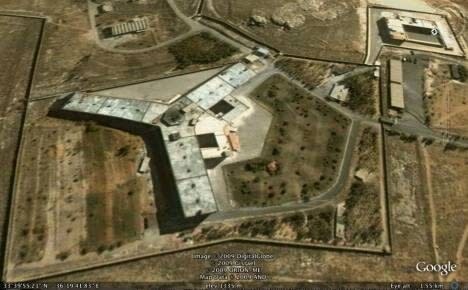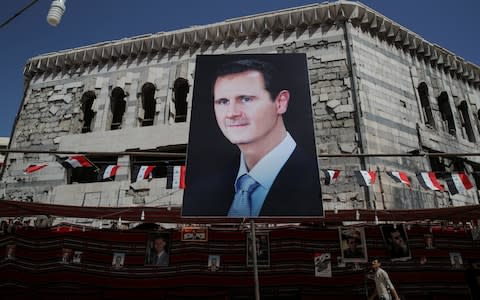Syrian government 'harassing and detaining' former rebels

Bashar al-Assad’s government is routinely arresting people in rebel-held areas of Syria that have surrendered, according to a report by Human Rights Watch which highlights the dangers many still face as the war winds down.
Former opposition fighters, media activists and aid workers are being arbitrarily detained despite having agreed to so-called “reconciliation” deals with the regime that were supposed to guarantee their protection, HRW found.
Its research showed that former government critics and rebels who signed up for the amnesty had paid heavily for their decision.
The organisation documented 11 cases of detention and disappearance in three areas retaken by government forces last year - the southern province of Deraa, the Eastern Ghouta suburbs of Damascus and Quneitra in the southwest.
Syrian organisations had documented at least 500 arrests in the three areas since August, it added, most of whom were never charged.

In three cases, relatives were detained or harassed by intelligence branch members to gain information about their wanted family member or to force that family member to return.
Relatives and friends of detained people said they were released only after their families paid a bribe and, in several of the cases, asked high level members of the reconciliation committees or Russian military police to intervene.
A man who left Quneitra in August in the evacuations after the government retook the area said that officials from Syria’s military intelligence took away his son in February.
His son “Laith”, who defected from the army in 2012, chose to remain in Quneitra following the government takeover and signed a reconciliation agreement in August, his father said.
In February, military intelligence asked Laith to report back to their station and detained him. His father has not heard from him since.

One former fighter in Deraa who spoke to the Telegraph by phone said people were regularly going “missing” and were feared to have been sent to the notorious Sednaya prison, where tens of thousands have been executed or tortured to death.
He said he was avoiding checkpoints as he feared that, as a known opposition fighter, he too would be arrested.
"Active combat has ended in much of Syria, but nothing has changed in the way intelligence branches trample rights of perceived opponents of Assad's rule," said Lama Fakih, HRW's acting Middle East director.
"Lack of due process, arbitrary arrests, and harassment, even in so-called reconciled areas, speak louder than empty government promises of return, reform and reconciliation."
The government and its Russian backers have projected an image of stability and reconciliation as the war winds down, in an attempt to encourage some of the six million refugees who fled the country to return.
Neighbouring countries such as Lebanon and Jordan which shoulder much of the burden have been encouraging refugees to return home. However, UN officials have warned that the conditions have not been met.
“In recently retaken areas — Douma, Deraa, and northern Homs, for example, Government forces engendered a climate of fear through a campaign of arbitrary arrests and detentions in the aftermath of bombardments,” said Hanny Megally, UN Human Rights Council Commissioner.
“Upon securing control over these and other areas, civilians began witnessing a flagrant absence of the rule of law and arbitrary use of state power reminiscent of the conditions that sparked this horrific conflict in the first place,” he noted.
Ms Fakih from HRW said the harassment and abuse meted out by Syrian forces was a major deterrent for people considering return and has forced out people who wish to remain.
“If Russia is serious about encouraging refugee returns, it should pressure the government to end detention abuses and create conditions conducive to a safe and dignified return,” she said.

 Yahoo News
Yahoo News 
